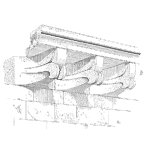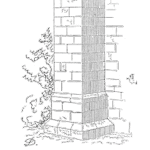
I posted an article recently by Bloomberg on the Defense Department’s recent disclosure of the escalating support cost of the F-35 Joint Fighter Jet. With over 3,700 views, it was the most read of my posts. The original article on escalating F-35 reliability costs can be read at this link
I posted the article with the comment: “Once a test engineer working for a large DoD contractor once told me at a reliability conference, ‘These new reliability development techniques of HALT and HASS would be a lot easier to implement if spare parts and service did not constitute 60% of the total program profits.’ That was not the first time I have heard a similar comment from a test or reliability engineer or manager working in the defense industry. I believe these engineers working on the reliability end of the programs said these concerns me out of frustration. [Read more…]















